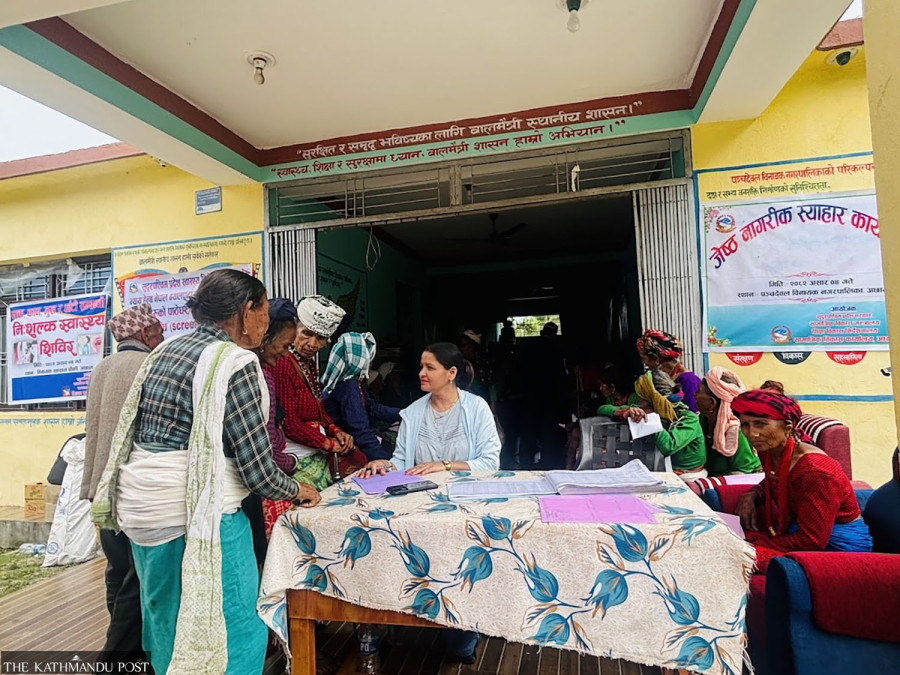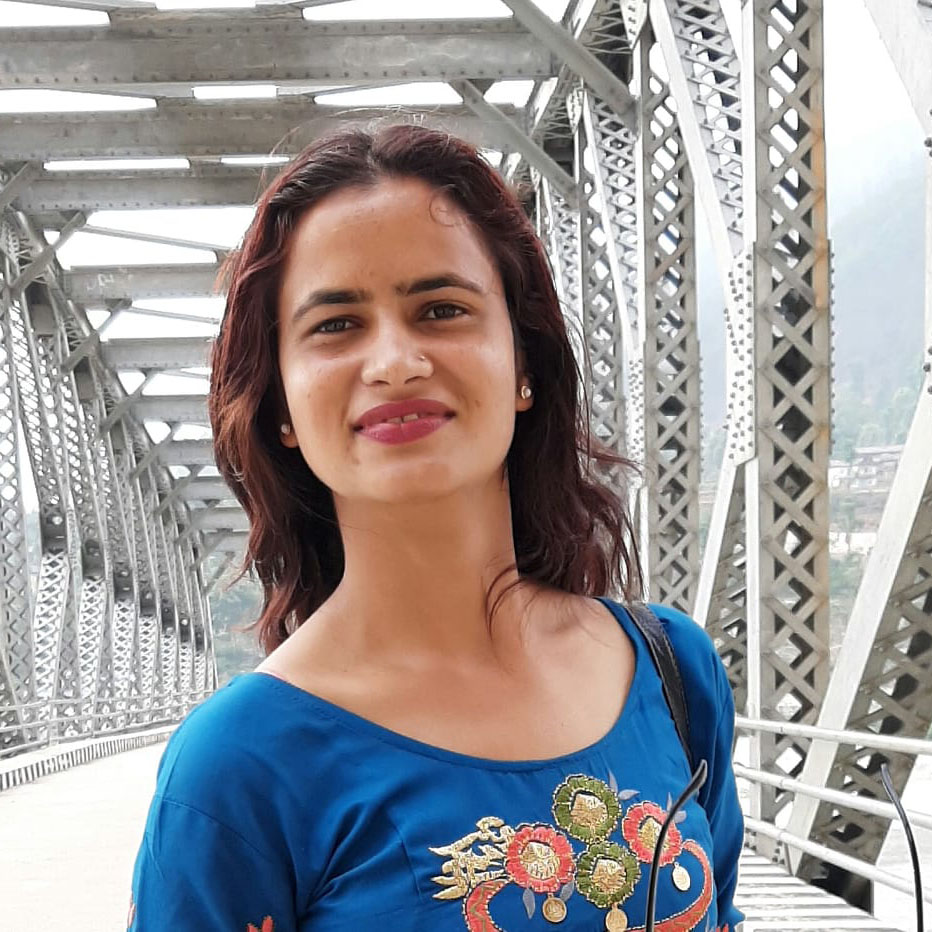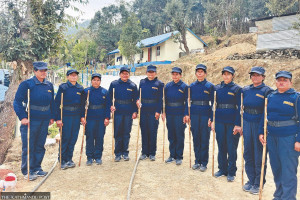Sudurpaschim Province
Many elderly women in Achham found suffering alone from uterine prolapse and other illnesses
At a recent health camp, two women in their 80s revealed years of silent suffering from uterine prolapse, worsened by poverty and family neglect.
Menuka Dhungana
An 80-year-old from ward 2 of Panchadewal Binayak Municipality in Achham lived silently with a prolapsed uterus for two decades. She finally revealed the painful truth during a health camp organised at the local health post last week. The octogenarian had hidden the condition for years—even from her family.
A mother of 11 children, eight of whom survived, the woman’s early life was a relentless cycle of pregnancies, miscarriages, housework, and hunger. Her uterus prolapsed when she was around 60, shortly after her husband passed away. Lacking both resources and support, she chose silence over seeking care.
“The uterus came out years ago. Eight years back, a medical camp performed a minor surgery to remove part of the prolapsed tissue. But it kept worsening. Now, pus leaks constantly. The pain is unbearable,” she said with tears welling up.
Despite having three sons and daughters-in-law, none have taken her to a hospital. The family’s focus, she said, is her government-provided elderly allowance. "They argue among themselves—whoever receives the allowance should take care of me. I try to divide the allowance among them fairly, but still, I’m left alone. I spent my life raising them, often starving, but now they won’t even look back,” she lamented.
Though referred to Bayalpata Hospital for free surgery, she fears she won’t be able to go because none of her children are willing to accompany her. “Eight years ago, the health camp came to the village. I received some sort of treatment then. A similar camp is organised now. What am I supposed to do at this age?” said the woman, expressing her dilemma over whether to opt for surgery or not.
Her plight is echoed by an 82-year-old from ward 3 of the same municipality. Blind in one eye and still suffering pain after she fell off a cliff 15 years ago while collecting fodder, she has never received proper medical treatment. Her only recourse has been traditional herbs and home remedies.
Her family appears prosperous—three sons working in India and grandchildren studying in Kathmandu and local schools. Yet she suffers alone.
“They (sons) argue constantly about the allowance. One says, ‘you keep the money, so you treat her.’ The other replies, ‘she’s your mother too, you do it.’ They’ve fought so many times, but not once has anyone taken me for treatment,” said the elderly. She expressed her frustration at Wednesday’s health camp, jointly organised by the Social Development Office, Mangalsen District Hospital and Bayalpata Hospital.
Both women were advised multiple times to seek care at larger hospitals, but neither has made it even to Mangalsen, the district headquarters of Achham.
These are just two of many such stories. On Wednesday alone, over 150 elderly people visited the Binayak health post, most complaining of chronic illnesses and abandonment by their families. Many said the very social security allowance meant to support them had instead become a reason for neglect.
“We came to these remote settlements to assess the health of elderly citizens and provide care,” said Dambar Rawal, chief of the Social Development Office in Achham. “They deserve love, respect and regular health check-ups. That’s why we brought this camp to the villages.”
In addition to medical care, the camp also provided food and umbrellas. “We aim to continue and expand these services next year,” Rawal added.
People, mostly the women, in rural parts of Sudurpaschim Province often rely on health camps for reproductive health services and treatment due to limited access to healthcare facilities. These health camps provide important services like screenings, check-ups, and treatment for conditions like uterine prolapse.
Dr Kamlesh Yadav, chief of Achham District Hospital, said the camp revealed alarming trends. “Four women above 70 years of age had complete uterine prolapse, requiring immediate surgery. Out of nearly 100 elderly women examined, four had severe cases. This suggests the actual district-wide figure could be much higher,” said Yadav.
According to Yadav, factors like repeated childbirth, intense physical labour and malnutrition as primary contributors behind uterine prolapse. “Women who spent their lives bearing children and carrying loads without taking rest or nutrition are now suffering the consequences,” he said.




 21.11°C Kathmandu
21.11°C Kathmandu















